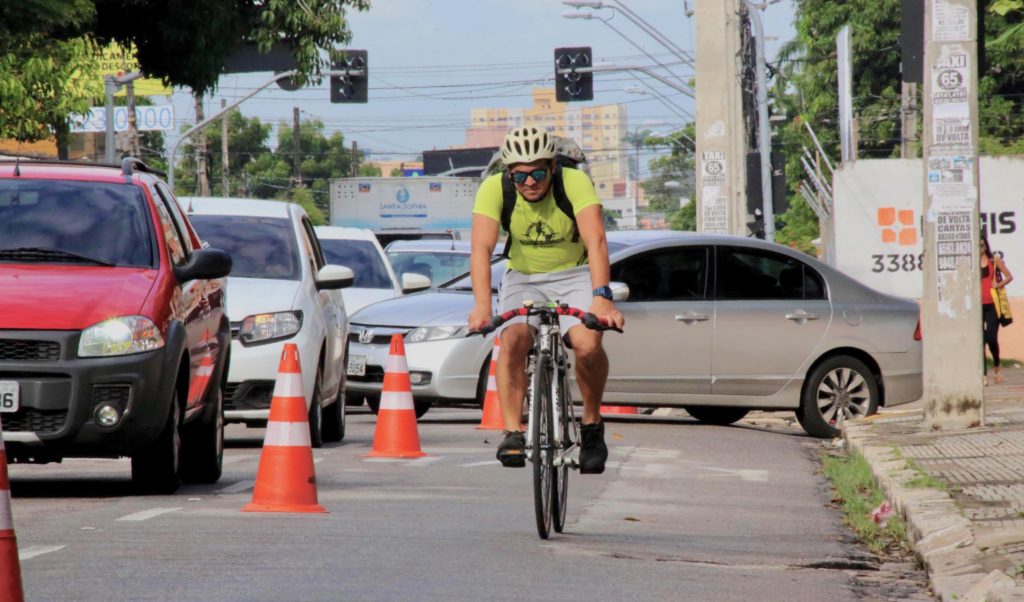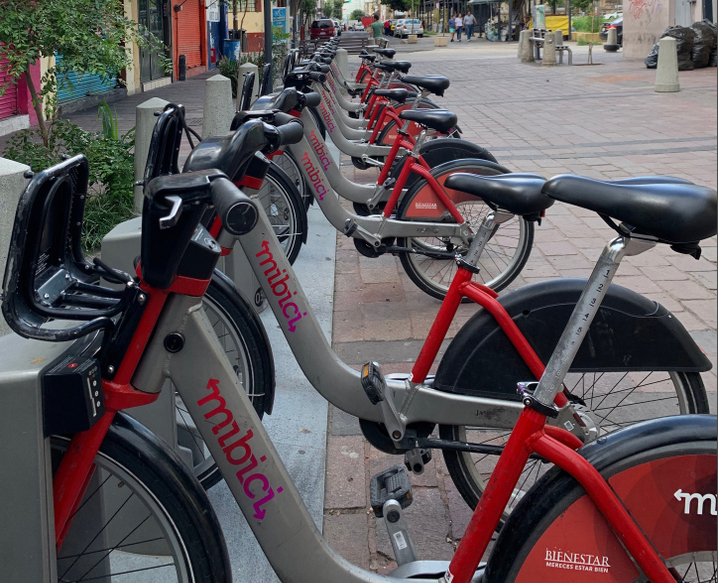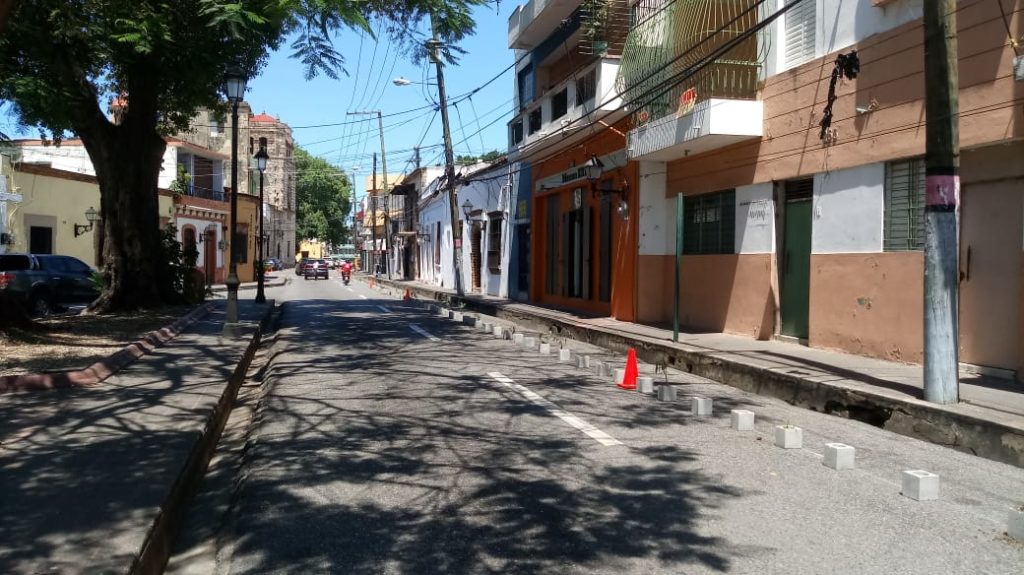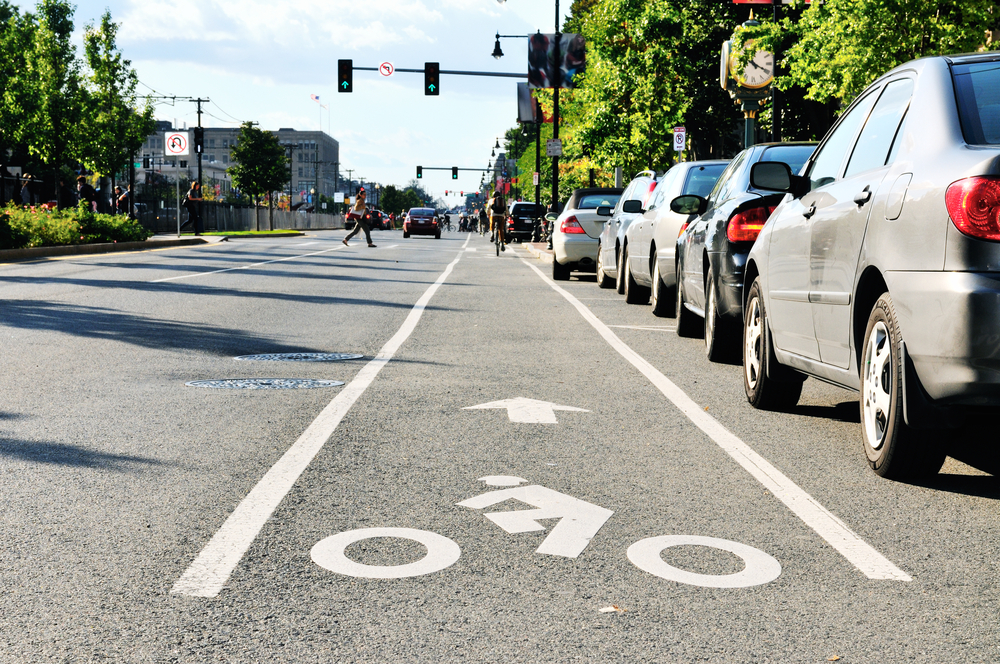The COVID-19 era has been a boon for bikes, with cyclists taking over city streets almost emptied by stay-at-home orders, and cities rushing to support them with emergency bicycle lanes. Road safety is the main concern, but cities also want to encourage physical distancing—which is easier on two wheels than inside trains or buses.
The key to building effective pop-up bicycle lanes is implementing them rapidly on key transit routes without putting road users at risk. There’s little time to experiment, so cities are learning from each other, looking to peers in the Partnership for Healthy Cities network and consulting experts on urban mobility and road safety for examples of what has worked elsewhere.
The demonstrable benefits of these COVID-19 emergency bike lanes may also build new momentum for stalled bicycle and mobility policy changes. With renewed urgency around improving air quality, supporting active mobility and rebuilding roads to prioritize pedestrians and cyclists over cars, temporary bike lanes are live case studies on how to accomplish those goals while empowering people to safely get from one place to another.
Several Latin American cities that are part of the Partnership for Healthy Cities global network have paired up in recent weeks and months to share experiences in this area.
Fortaleza, Brazil < > Lima, Peru

Since 2017, the Partnership for Healthy Cities has supported efforts in Fortaleza, Brazil to improve its bicycle infrastructure and create a corporate bike-share system. Mayor Roberto Cláudio has been recognized internationally for his city’s accomplishments in road safety and urban mobility (including a 40% drop in fatalities on the city’s streets), supported for years by the Bloomberg Initiative on Global Road Safety (BIGRS). As the pandemic hit, Fortaleza began to consider expanding its current system to include pop-up lanes. The city took notice of Lima, Peru’s innovative ideas on safety and on integrating bike sharing into its 45 kilometers of new bike lanes. In early June, the Partnership orchestrated a robust discussion between the two cities’ mobility departments, with the Fortaleza team using the information to speed up deployment of permanent lanes.
Guadalajara, Mexico < > Mexico City, Mexico

The Partnership brought together Mexico City and Guadalajara early in the pandemic to discuss road safety issues raised by the emergency—and will again in coming weeks to share updates on temporary bike lanes. The capital city has long set the urban mobility standard in Mexico with a massive bike sharing program and 390 kilometers of bike lanes, plus 54 kilometers added temporarily during the pandemic. Guadalajara is quickly catching up: Just this month, the city won national recognition as the country’s #1 cycling city, thanks to one of the strongest mobility departments in the region and Mayor Ismael del Toro’s active support. The prize recognized rapid progress during the past year in promoting and supporting cycling as a safe mode of transport, with Partnership support, and also Guadalajara’s pandemic response, with 14 kilometers of temporary bike lanes added so far.
Santo Domingo, Dominican Republic < > Bogotá, Colombia

The Partnership has been working with the city of Santo Domingo since 2017 on a Bicycle Action Plan, approved in 2019, that includes protocols to improve the safety of vulnerable road users with new bike lanes and a comprehensive system for connecting networks across the city. When the pandemic arrived, interest in cycling grew quickly. Santo Domingo expressed interest in learning how other cities were addressing the surge in demand. Technical advisors at the Partnership and World Resources Institute provided examples, and technical leads from Bogotá, Colombia spoke directly with the city about its own quick assembly of 80 kilometers of temporary lanes. Santo Domingo has since added 9 kilometers of its own temporary lanes.
The Partnership for Healthy Cities is providing technical tools and other information for cities fighting the pandemic on the PHC COVID-19 Response Center.
About the Partnership for Healthy Cities:
The Partnership for Healthy Cities is a prestigious global network of cities committed to saving lives by preventing noncommunicable diseases (NCDs) and injuries. Supported by Bloomberg Philanthropies in partnership with WHO, as well as Vital Strategies, this initiative enables cities around the world to deliver a high-impact policy or programmatic intervention to reduce NCDs and injuries in their communities. For more information, visit: https://partnershipforhealthycities.bloomberg.org/
The Partnership for Healthy Cities COVID-19 Response is part of the $40 million Bloomberg Philanthropies COVID-19 Global Response Initiative. By collaborating with the WHO and Resolve to Save Lives, an initiative of Vital Strategies, the Partnership for Healthy Cities COVID-19 Response is working hand-in-hand with the world’s leading experts on epidemic prevention.
